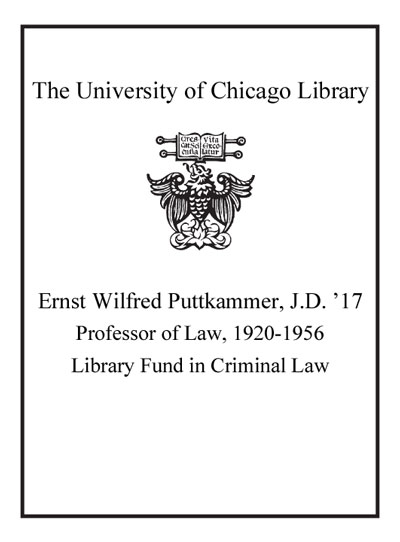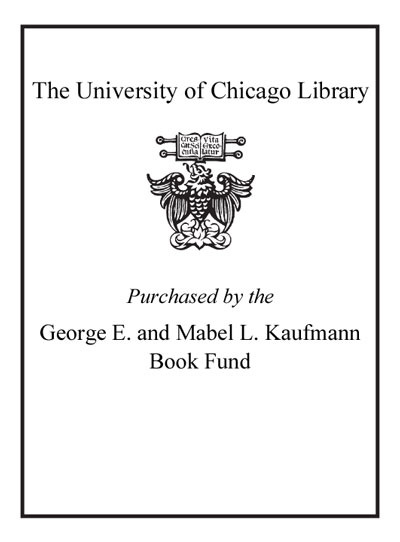Review by Choice Review
Public policy scholar Kleiman (UCLA) examines the US's increasing preoccupation with punishment as the only approach to crime prevention and reduction, focusing on the cost of punishment and the numbers suffering punishment. Departing from criminological multi-causal explanations for crime, the author attempts to construct arguments reducing the amount of punishment and cost. He suggests that certainty and swift application of punishment, rather than escalating severity of punishment, should reduce criminal activity and reduce costly incarceration. Kleiman develops that perspective in the first chapter and crafts an equation pointing out the costs of crime to society. Using three programs, he demonstrates how interventions can cost less and reduce crime and tackles how deterrence could reduce crime. Kleiman applies these ideas to law enforcement attempts to reduce crime, with chapters on guns and gun control and drug policy to illustrate this approach. In a reflective chapter, he discusses what could go wrong, and he outlines an agenda for crime control in a final chapter. These last three chapters seem to be the real contribution to current arguments over criminal public policy. Extensive bibliography. Summing Up: Recommended. Upper-division undergraduates and above. J. H. Larson emeritus, University of North Dakota
Copyright American Library Association, used with permission.
Review by Choice Review


